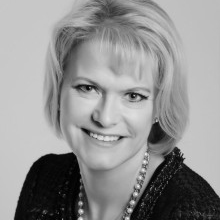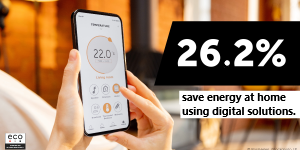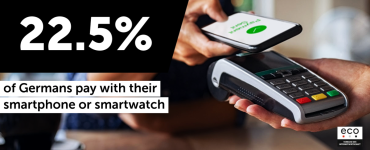-
72 percent of Germans would turn to smart home solutions in order to be able to live independently in their own homes for a longer period of time
-
For the majority of these, data protection is an important prerequisite
-
The project partnership Smart Service Power is meeting the challenges of an aging society with the help of digitalization
In order to be able to live independently for a longer period of time within their own four walls, 72 percent of Germans would avail of technical assistance systems. This is the finding of a representative survey conducted by eco – Association of the Internet Industry, alongside the market and opinion research institute YouGov*. “The crisis in care will not be resolved by robots, as often suggested, but rather to a large extent by technical assistance systems,” says Dr. Bettina Horster, CEO of VIVAI AG and Director of IoT at eco.
Smart home solutions for older people include voice assistants, motion detectors, contact sensors, and reminder systems. They monitor the intake of medication, or can switch off an unused cooker. In the event of falls or medical emergencies in the home, they notify nursing services and relatives. “Smart solutions will support age-appropriate living more and more in the future. With intelligent assistance systems, people in need of care and assistance and people with disabilities, as well as older people, can enjoy almost the same level of security as they would in a residential center – but in their own familiar surroundings,” elaborates Dr. Bettina Horster.
Respectful handling of health data
However, a mandatory component of such solutions is considered to be the ethical handling of the very sensitive data involved – with this including more transparent data protection and the safeguarding of privacy. According to the survey, 89 percent of respondents who would contemplate using a technical assistance system say that such solutions should only release the collected health data in emergency situations where swift action is called for. Many prospective users are warier concerning the constant transmission of detailed health information to care services or relatives, with just 46 percent being comfortable with such a suggestion. 66 percent of the same group of respondents approved of the transmission of the person’s status in the form of a traffic light label (green, yellow, red).
Most Germans would be prepared to pay something towards the cost of being able to live longer in their own home in later years. Nevertheless, the monthly amount should not exceed the costs of conventional emergency call systems – i.e. about 50 Euro for home emergency call devices, emergency mobile phones, or an emergency call watch. This was the opinion of 86 percent of those respondents who would in principle consider using such a system. 10 percent of this cohort would be prepared to spend up to 400 Euro on intelligent technical assistance systems. The monthly amount would have to remain below the cost of basic care by a mobile nursing service (approx. 500 to 1,000 Euro) – this view was shared by 67 percent of the respondents who would like to be able to live independently in their own homes for a longer period of time.
Smart Service Power: more autonomy for older people
One concrete project aiming to meet the challenges of an aging society with the help of digitalization is Smart Service Power (SSP). The eco Association and twelve other providers and institutions are involved as partners in SSP. Over the next two years, they want to work together in setting up an interactive platform with future users and to offer a service in the model region of Dortmund and Arnsberg aimed at giving older people more autonomy and a more positive outlook. “We want to break new ground together with municipalities, universities, the housing industry, nursing care insurance companies, nursing services, and businesses,” explains Dr. Bettina Horster. For this concept, the Smart Service Power (SSP) project received the EU RegioStars Award in the CityStars category. The innovation award honors innovative projects that can serve to motivate and inspire other regions across the EU.
* The data used are based on an online survey conducted by YouGov Deutschland GmbH, in which 2,035 persons took part between 11.10.2017 and 13.10.2017. The results were weighted and are representative of the German population aged 18 and over.




